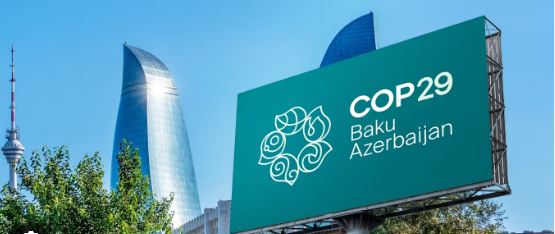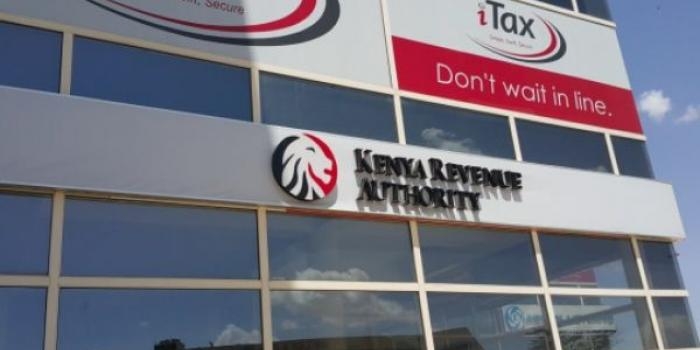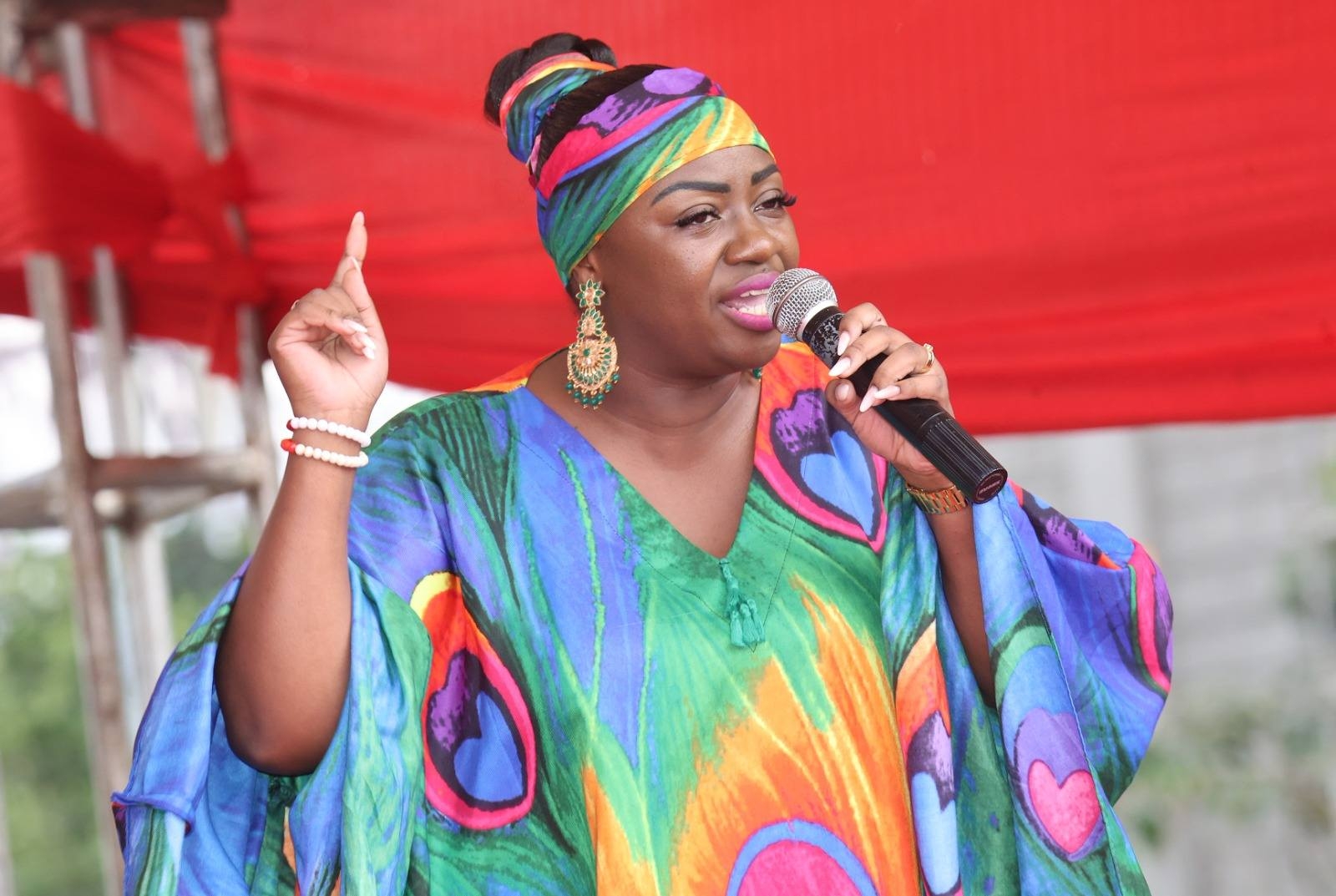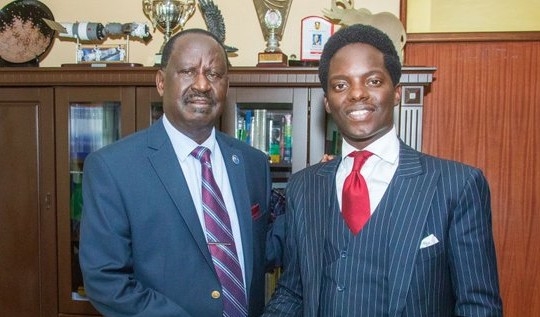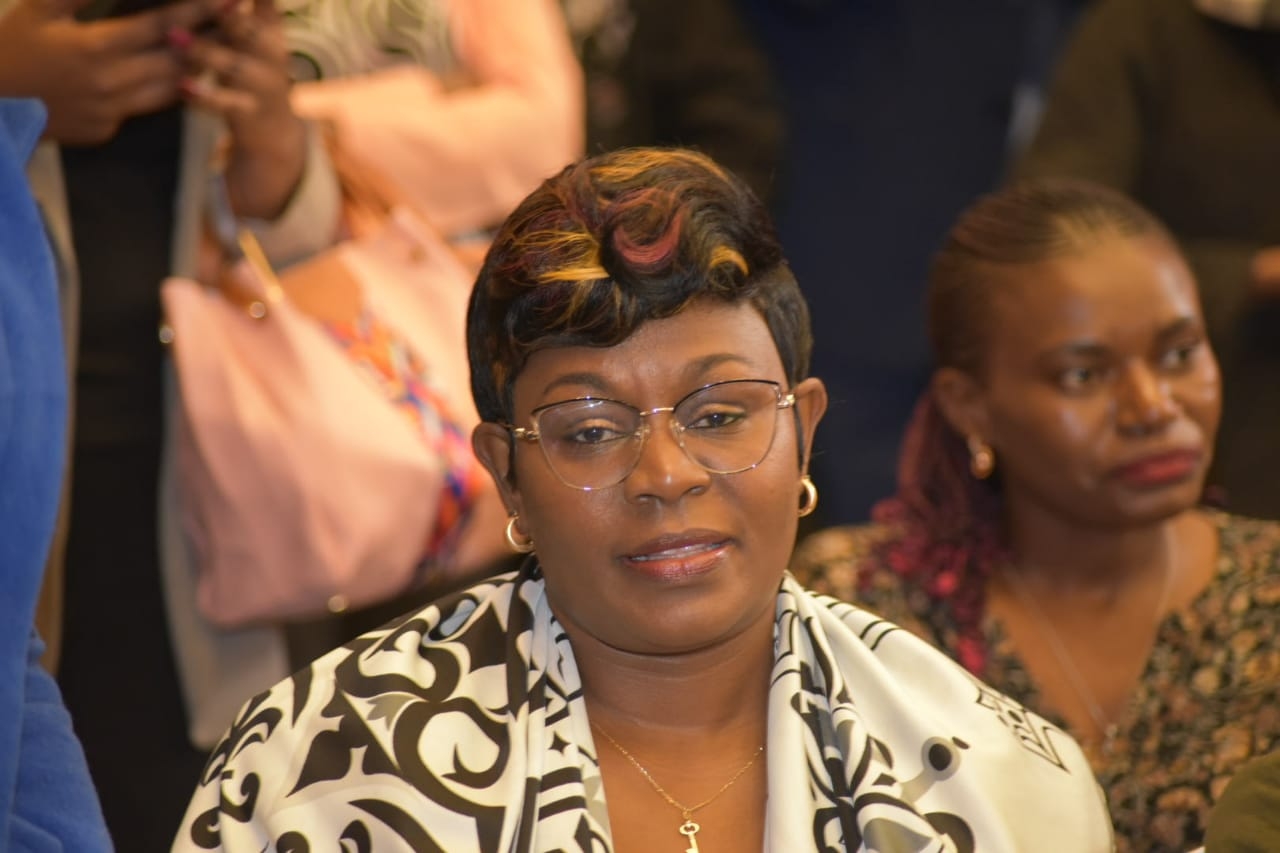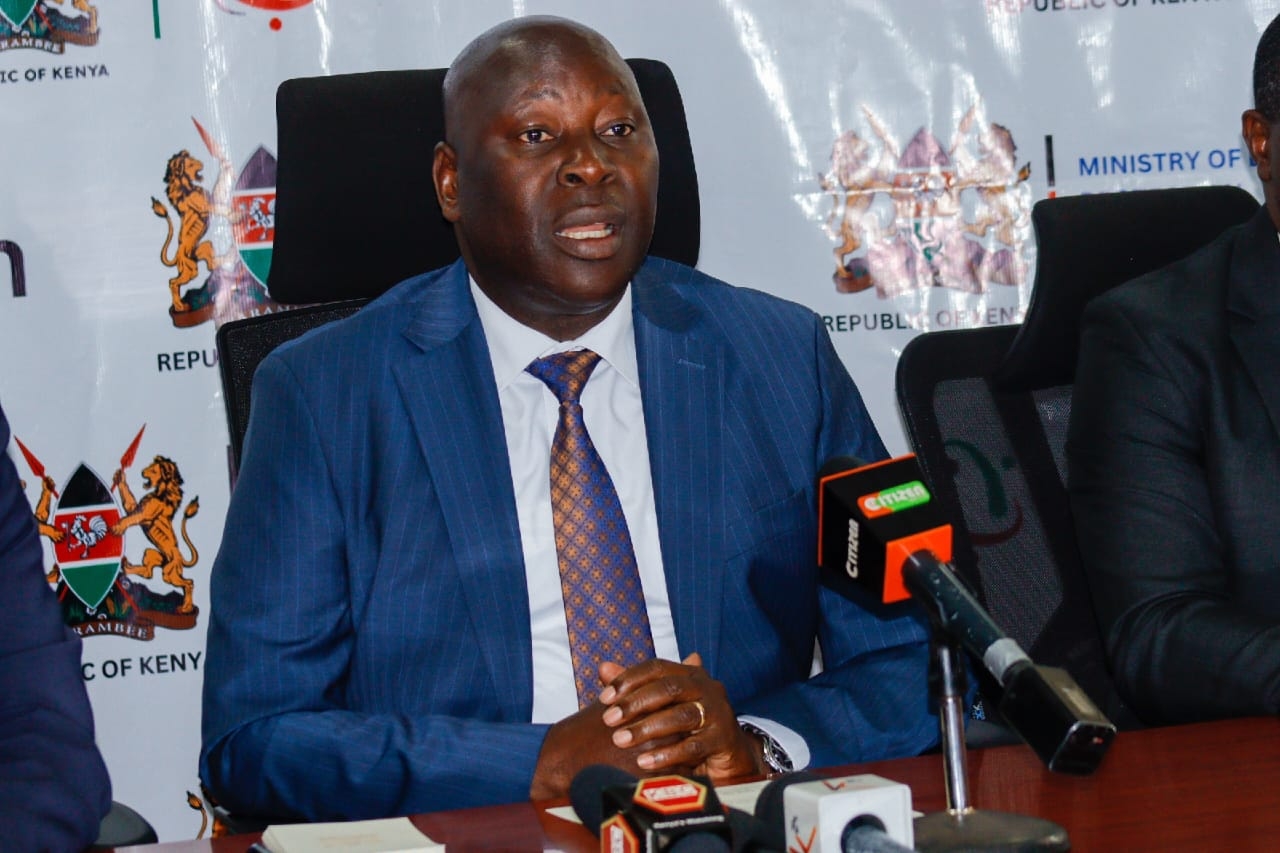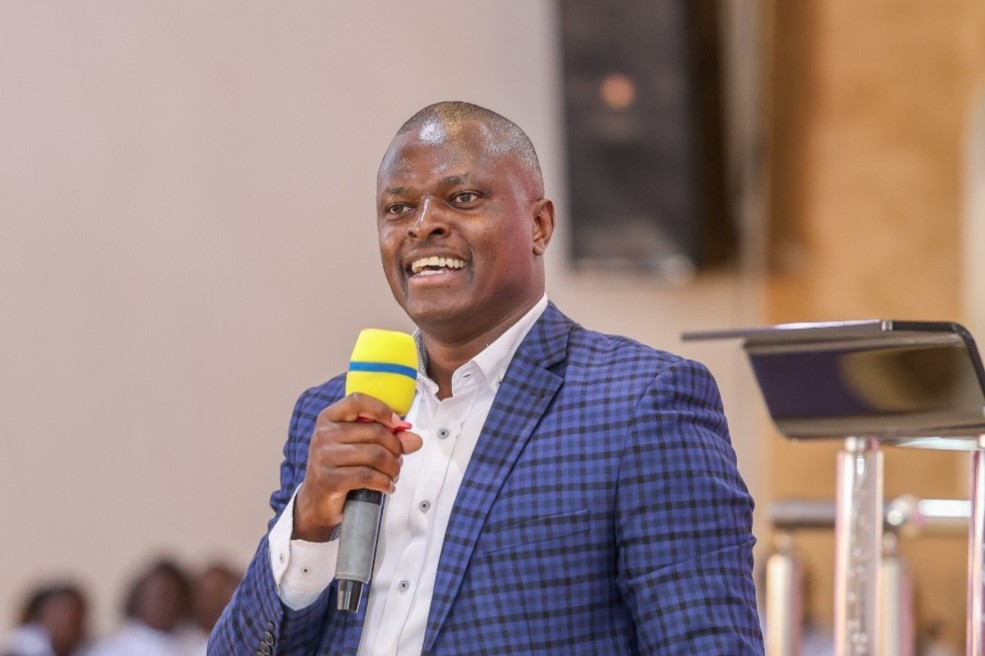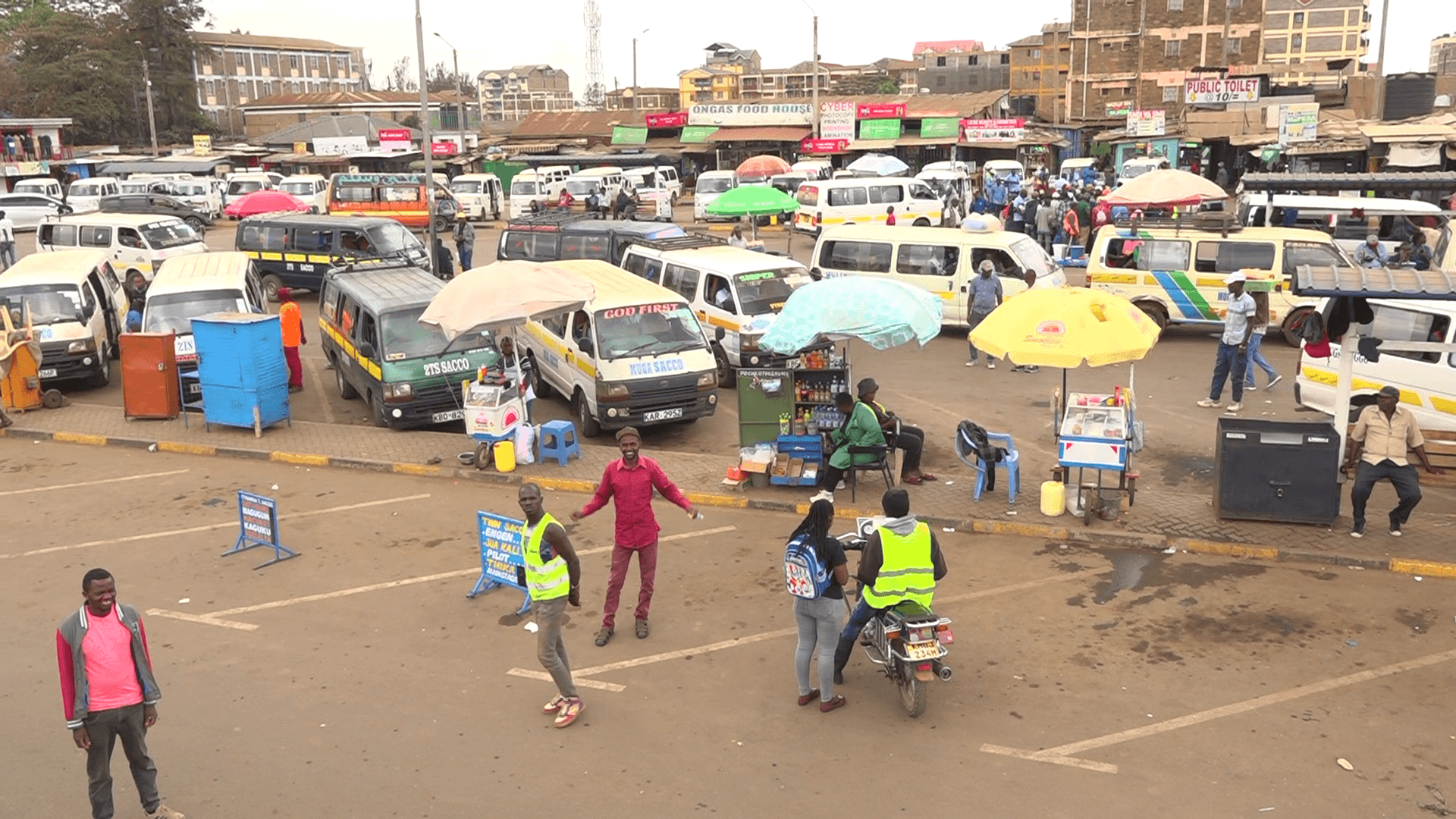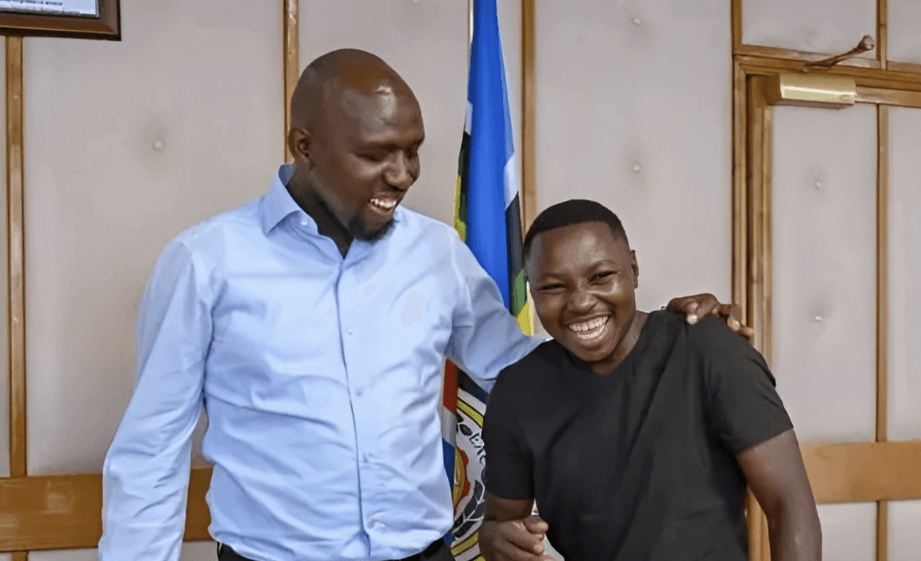
This year’s edition of the world’s biggest climate summit under the United Nations framework kicked off in Baku, Azerbaijan on Monday under a cloud of scepticism, with some viewing the conference as a non-starter following Donald Trump’s recent election victory in the US and the absence of a few high-profile leaders.
However, a formidable delegation of over 90 national leaders and ministers representing nearly 200 countries will be arriving in Azerbaijan for the COP29, determined to push forward on climate action despite the political noise. President William Ruto will skip the event. He will instead be represented by Prime Cabinet Secretary Musalia Mudavadi.
Amid the uncertainties, organisers were quick to point out that the level of attendance by world leaders in Baku is second only to the United Nations General Assembly, underscoring the urgency with which much of the world views climate action.
Among the notable leaders attending are representatives from the UK, Italy, Spain, and Saudi Arabia. China is sending Vice President Ding Xuexiang, who, despite not holding the top seat, oversees Beijing’s energy and climate portfolio and is regarded as highly influential in the country’s climate policy decisions.
Observers note that the focus will be less on pageantry and more on results. “There’s a sense of purpose here,” said one diplomat, who requested anonymity because of the sensitivity of the matter. “This is not a showy summit, but there’s a lot of serious work to be done.”
And at a short press briefing in the afternoon, Mr Joab Okanda, the Africa regional manager for Global Gas and Oil Network, said that over 200 countries were attending “to ensure we agree on a finance package that delivers for communities suffering from the impacts of climate change”. His statement, particularly on the level and quality of attendance, underlined the importance of what organisers have termed as one of the most important COPs in recent history, given the growing urgency of the climate crisis.
“Recent disasters, like those in Spain,
highlight why this is urgent, added Mr Okanda. “That’s why leaders from Spain,
the UK, Italy, and many others are present. This call for finance is critical,
and over 90 heads of state are already here, with their ministers ready to
speak.”
The hosting of the talks in the Azerbaijani capital is, in many ways, an emblematic portrayal of the hard decisions that countries are being forced to make to either mitigate or adapt the climate crisis. Baku, situated strategically on the shores of the Caspian Sea, was where the first oil well was sunk, and now where global leaders are expected to secure the finance needed to address the climate crisis.
“This is the place where we must agree on the finance that will enable us to transition away from fossil fuels, scale up renewables, and double energy efficiency,” said Mr Okanda. “We need finance that will send the right signal to countries, ensuring that even the poorest nations can implement their climate plans.
The African Group of Negotiators, led by Kenya’s Special Envoy for Climate Change, Mr Ali Mohamed, has called for $1.3 trillion in new climate finance, a figure they believe will help meet the needs of developing countries.
The group will be pressing the global north to accept
that climate multilateralism is in everyone’s interest, and that the string of
climatic-induced catastrophes that has swept through Europe and the Americas in
recent days should serve as a powerful reminder that no one is safe.
Yesterday, in various conferences and media huddles, delegates noted that they were aware that the stakes at the talks were high, especially for developing countries.
For instance, a comprehensive finance deal is needed to support the Nationally Determined Contributions (NDCs) of developing nations, and there is consensus that without robust financial support, adaptation plans in poorer countries are likely to fall short.
Thus, leaders from Africa and the global south are championing the need for a strong climate finance agreement. They note that recent floods in the Sahel, in East Africa, and across southern Africa, as well as record-breaking heat waves across the continent, have highlighted the urgency for vulnerable regions to secure support.
At the back of their minds is the stark realisation that the international community is dangerously behind in meeting the climate goals agreed upon in 2015 in Paris, France. Key areas of adaptation, mitigation, and financing remain woefully unaddressed, casting doubt over whether this year’s summit will, by the time it closes in two weeks, reignite momentum and drive meaningful progress.
Expectations are high for clear and unified action, with the African group demanding the formalisation of the New Collective Quantified Goal on Climate Finance (NCQG) and agreements that address the escalating impacts of climate disruption. However, political tensions, fluctuating national commitments, and financial shortfalls continue to loom over the gathering, putting the Paris Agreement’s ambitions at risk.
To understand why these talks are important for many gathered here, one needs to go back almost 10 years ago. In 2015, nearly 200 nations gathered in Paris to craft an unprecedented climate pact, aiming to limit global warming to well below 2 degrees Celsius above pre-industrial levels.
Almost a decade later, emissions are still rising,
extreme weather events are intensifying, and the global commitment to climate
finance remains unmet. The $100 billion per year originally pledged by
developed countries to support developing nations has not materialised in full,
and stakeholders are increasingly vocal about the need for a robust NCQG.
The NCQG aims to establish a new, more equitable financial goal that reflects the true scale of the climate crisis. While it is anticipated to exceed the previous $100 billion target, reaching consensus remains an uphill battle, especially with some major economies hesitant to commit.
Significantly for the global leaders gathered here, and poignantly for the millions of Africans who are on the frontlines of the climate crisis, the political landscape in Europe has been particularly shaky, with countries like Germany struggling to balance ambitious climate finance goals against domestic policy constraints.
And, to make matters worse, recent threats by US President-elect Donald Trump that he will withdraw the United States from international climate commitments have led some EU nations to hedge their own commitments, further stalling collective progress. However, even under the Joe Biden administration, the US has been reluctant to fully endorse new climate finance frameworks, leaving many to wonder if progress on the NCQG is possible without America’s full backing.
At a pre-COP meeting at the Hyatt Hotel
here on Sunday, speakers wary of the wavering US commitment suggested that a “coalition
of the willing” — in which nations prepared to act without US involvement join
forces — could pave the way forward. Such a coalition could include major
European economies, as well as countries in Africa, Latin America, and Asia
that are committed to ambitious climate goals. These countries could move ahead
with enhanced NDCs, establishing frameworks for clean energy, carbon markets,
and finance mechanisms that support developing nations.
But, while a coalition may allow some progress in the short term, there is concern about the long-term viability of climate goals without broad-based cooperation from major economies, particularly the United States. Nevertheless, Baku presents an opportunity for leaders to reinforce their commitments, explore alternative alliances, and seek financial contributions that match the scale of the climate crisis.
Mr Mohamed Adow, founder and director of Nairobi-based climate policy think-tank Power Shift Africa, told this writer that climate finance is poised to become one of the most contentious issues at the Baku summit. Developing nations, particularly those in Africa, have long called for wealthier countries to fulfil their financial promises and provide the resources needed for adaptation and resilience.
This week delegates will also debate the potential expansion of the Loss and Damage Fund, which is designed to provide financial support to countries dealing with irreversible climate-related losses. Established under the Santiago Network, the fund is intended to cover damages that adaptation efforts cannot prevent.
However, disagreements over its host nation and funding mechanisms could stall progress. While some developing countries argue for an inclusive, grant-based approach, wealthier nations are inclined towards loan-based solutions or prefer the private sector to bear some of the financial burden.
Three hot issues in Baku
For millions around the world, the decisions made in Baku will have immediate and long-lasting impacts. Communities in low-lying areas, drought-prone regions, and biodiversity hotspots are watching closely, as these discussions will shape the resources available to them and the pace of climate action.
From an economic perspective, businesses are increasingly aware that climate inaction could lead to long-term financial instability. Many are calling for decisive measures that provide a predictable and stable framework for addressing the climate crisis. Here, are three areas of contention that will keep the negotiators awake long into the cold nights of Baku:
Loss and Damage Fund Host: Debates over the host of this fund, meant to channel climate finance to vulnerable countries, have been contentious. Many African and island nations support a centralised, grant-based fund, while developed countries have proposed a decentralized model involving multiple host institutions.
Unilateral Trade Missions and CIVA: Discussions are underway regarding the implications of the Carbon Intensity Verification Agreement (CIVA), which aims to regulate emissions and prevent carbon leakage in international trade. However, unilateral trade missions by some countries have prompted concerns over equity and fairness.
Revisiting Financing Mechanisms: Some developing countries are pushing to reopen discussions on existing financing mechanisms to allow for more direct access to funds. Developed countries, however, are hesitant, seeing it as an attempt to renegotiate established frameworks.


